Unconstitutionality of IEEPA Tariffs Upheld – Supreme Court to Review
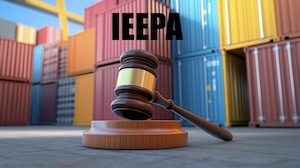
On May 28, 2025, a three-judge panel at the Court of International Trade (CIT) ruled in two cases (VOS Selections, Inc. v. Trump and the State of Oregon v. Trump) that the Presidential actions taken under the International Emergency Economic Powers Act (IEEPA) (50 U.S.C. §§ 1701–1707) to impose tariffs on Canada, Mexico and China for illegal immigration and fentanyl smuggling are unconstitutional. The CIT said that the tariff actions did not directly address the declared emergency and were not delegated by Congress to the Executive Branch and therefore exceed the President’s tariff setting authority under the Constitution.
The End of De Minimis Section 321 Clearances

Prior to August 29 of this year, 19 USC 321 – popularly known as a Section or de minimis clearance – allowed imported shipments valued at less than $800 to enter the US free of duty and entry requirements. The idea behind this was (1) the cost of processing an entry and duty payment would be more than the duty collected, and (2) setting the threshold at this level would promote eCommerce. It would also allow US Customs & Border Protection (CBP) to use its resources more effectively.
Sanctions, Bans, and Tariffs How The U.S. is Fueling Chinese Innovation
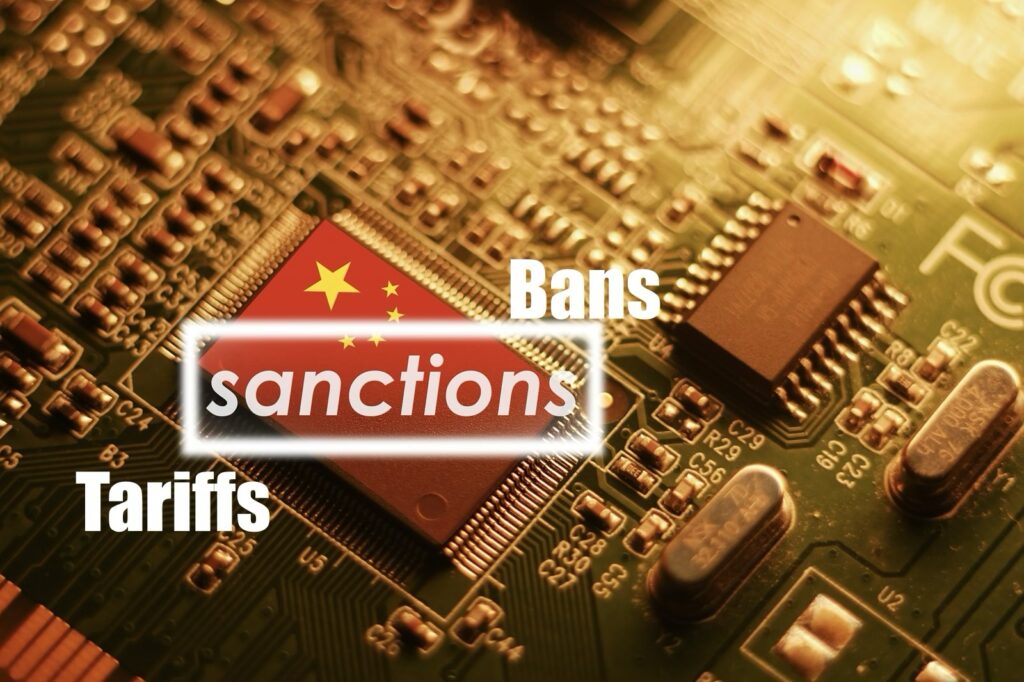
Just look at the current landscape of how China has been innovating through various trade related sanctions, bans, and tariffs. Necessity has always been the mother of invention, and in the case of China and the never-ending western pressure it has also been the catalyst in many cases for that which ultimately drives them to create and overcome.
Japan and U.S. Trade Agreement
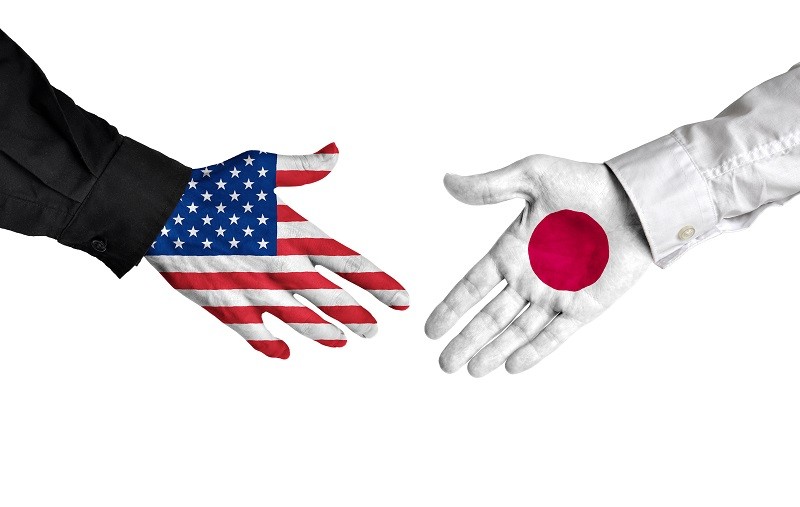
After challenging negotiations and rising tariff tensions, the U.S. and Japan have reached a trade deal. This agreement precedes the August 1st tariff deadline, preventing a scheduled 25% tariff increase on Japanese products. The deal includes substantial Japanese investments in the U.S.
As the U.S. Pushes For More Protectionism, Global Trade Turns to Another Obvious Option- China
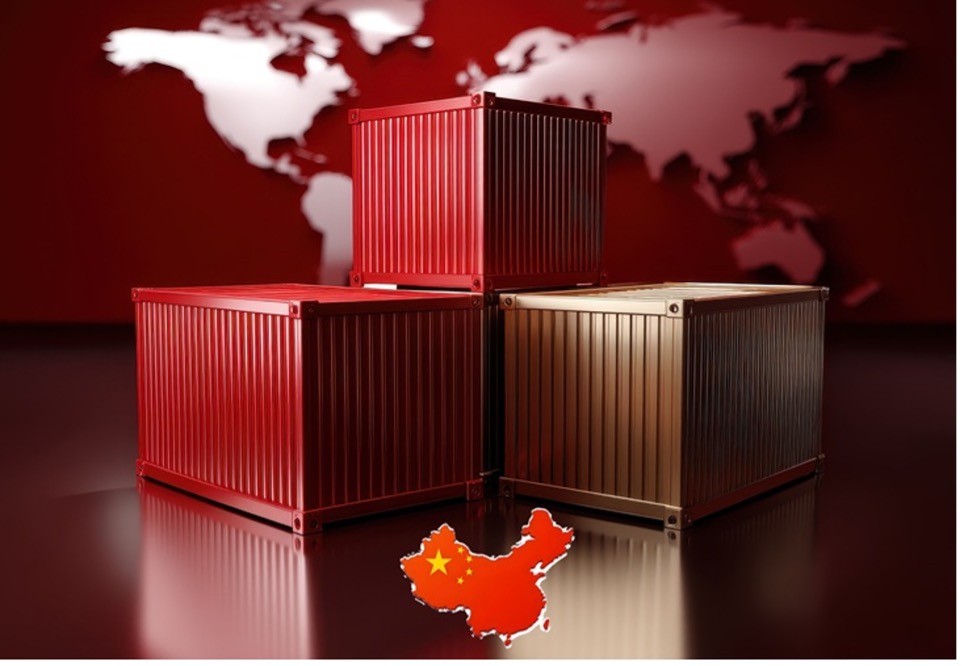
Here we are. August 1st, 2025, and the media is now publishing what facts they have on the various trade deals as well as those that have yet to come to fruition, in addition to the new announcement of imposed global tariffs which range anywhere from 10% to 41%, Yes, the trade world is on fire from a U.S. perspective. CNN, my “go-to” is reporting that the Trump Administration is imposing tariffs on over 60 countries around the globe.
Trade Letters and Tariff Deals – What Is Going On?

Since taking office on January 20, 2025, the Trump Administration has undertaken an aggressive trade policy that has impacted, and will continue to impact, all countries trading with the US. Many of the actions seek to reverse the established principles of trade policy that have been supported by both political parties, enshrined in the rules of international agreements and organizations, and regulated by executive branch agencies since the end of World War II.
Mexico’s Evolving Trade Scenario Amidst Global Tariff Tensions
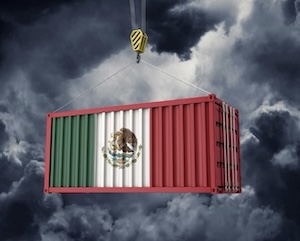
From a Mexican resident’s perspective, who is also involved in international trade, it appears that since the Trump administration took office, the global economic scenario has been altered by an escalating trade war, characterized by the imposition of tariffs by the U.S. government, on a range of countries. These measures, intended to safeguard the U.S. interests, have affected the relationships with certain international markets, as the U.S. is showing signs of progressive isolationist practices.
Behind the Numbers: My Transformative Internship Journey at SAT (Tax Administration Service)
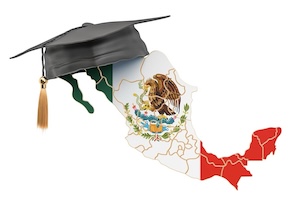
My internship in Mexico was with the Servicio de Administración Tributaria (SAT), the office responsible for applying tax and customs legislation, which facilitates trade through customs administration. With its influence extending across both the public and private sectors, SAT stands at the forefront of Mexico’s efforts to promote transparency, efficiency, and fiscal responsibility. My internship experience within this institution offered invaluable insights into its operations and the impact it has on the nation’s economic landscape.
The U.S. Effort to Keep AI Out of China’s Hands

It comes as no surprise China has been a major focus point of the second Trump administration. One of the key reasons for this focus is the increasing national security concerns over technology. In particular, the smuggling of AI chips, which China intends to use in developing advanced AI systems for military purposes and surveillance.
Trade Wars & Sanctions – The New Trade Order

Question 1: How are you advising businesses in your jurisdiction when protecting themselves from the impact of trade wars and sanctions, and what strategies can professional services firms offer to mitigate these risks?
